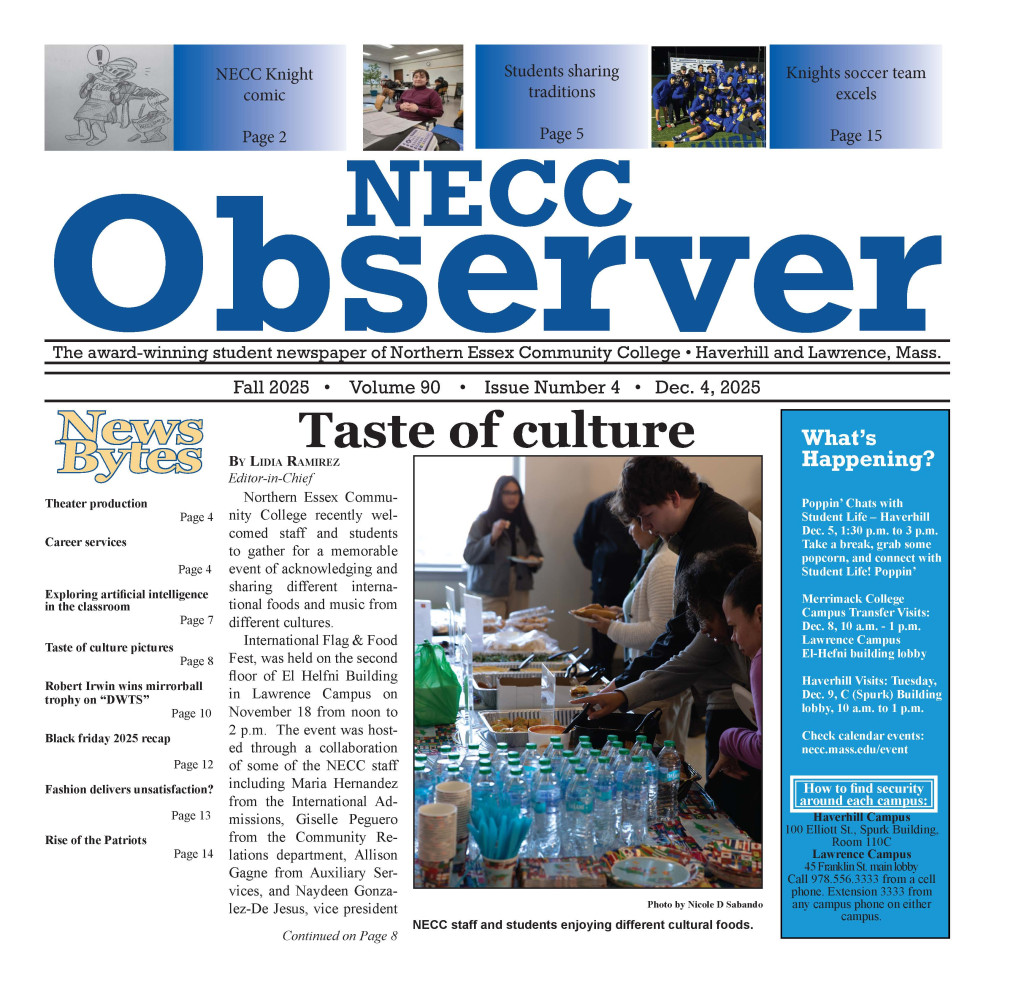Have you ever wondered what happens when a paradigm fragments into multiple personalities? From the psychological terror presented in “Split” to the concept of justice in the Marvel universe through “Moon Knight”, cinema has used dissociative identity disorder (DID) as a tool to explore the complexity of the human mind.
However, the question arises: to what extent do these representations reflect reality or simply feed myths about mental health?
Dissociative identity disorder (DID), commonly known as multiple personality disorder, is one of the most complex disorders and is often misunderstood due to its intricacy. It is very rarely seen in real life, one small U.S. study found that DID affects an estimated 1.5% of people, according to the National Institutes of Health.
Current estimates on how common this condition is may vary based on new diagnostic criteria introduced in the Diagnostic and Statistical Manual of Mental Disorders, 5th Edition (DSM-5).
Its representation in film and television has led to a misunderstanding of the condition. Movies like “Split” by M. Night Shyamalan and the “Moon Knight” series on Disney+ have utilized this disorder to create deep and interesting characters. However, how realistic are these portrayals in the modern times?
The perspective of a person with DID is a feeling of being separated from oneself and one’s emotions. It involves the belief that the people and things around you are distorted and unreal, resulting in a blurry sense of your own identity.
Often, DID is the result of childhood traumas, where the brain creates alternate personalities (known as “alters”) to avoid painful memories. Each alter can have its own identity, including a name, gender, and voice, while the primary personality, or “host,” retains the real name of the person.
With an understanding of how a person with DID behaves, how does film and television capture this concept in all its glory?
Characters like “Moon Knight” and Kevin from “Split” serve as examples to help answer this question.
In “Moon Knight” Marvel introduces Steven Grant, a souvenir seller at a museum who discovers that he shares his body with Marc Spector, a mercenary and avatar of the Moon God.
The series explores the conflict between Steven and Marc, who struggle for control of their body while facing external threats. Steven is characterized by his morality, avoiding killing, while Marc uses his powers more violently.
Although the series reveals that Steven’s childhood trauma, related to the death of hisbrother, led to the development of his DID, his evolution toward cooperation betweenpersonalities minimizes the complexity of the actual psychological treatment required for this condition.
In contrast, M. Night Shyamalan’s “Split” narrates the story of Kevin Wendell, a man living as a prisoner of his 23 personalities.
Unlike “Moon Knight”, Kevin experiences a more severe form of DID, showing a disconnection from his identity and emotions.
As Kevin’s personalities struggle for control, one of them, “The Beast,” emerges as a violent manifestation of his mind. Like “Moon Knight” Kevin’s story is based on childhood traumas, specifically the physical and emotional abuse he suffered at the hands of his mother, similar to Steven/Marc.
While in real life, people with dissociative identity disorder may work for years with psychological treatments to reach a level of cooperation between entities, “Split” simplifies this process and transforms it into a power struggle between almost mystical entities.
The film, while effective in its goal of creating suspense and terror, like “Moon Knight”, uses Kevin’s disorder more as a plot device than as an accurate representation of human psychology.
Although cinema has brought dissociative identity disorder to the big screen in innovative and entertaining ways, few representations manage to reflect the reality of those living with this disorder.
While characters like “Moon Knight” turn their internal struggle into a way to do good, others, like Kevin in “Split”, perpetuate stigmas that blur the reality of DID.
Ultimately, the challenge for cinema is to find a balance between entertainment and empathy, between narrative and truth.

